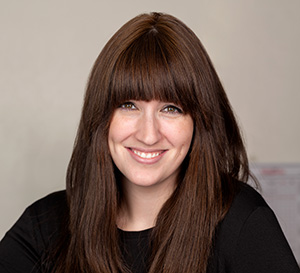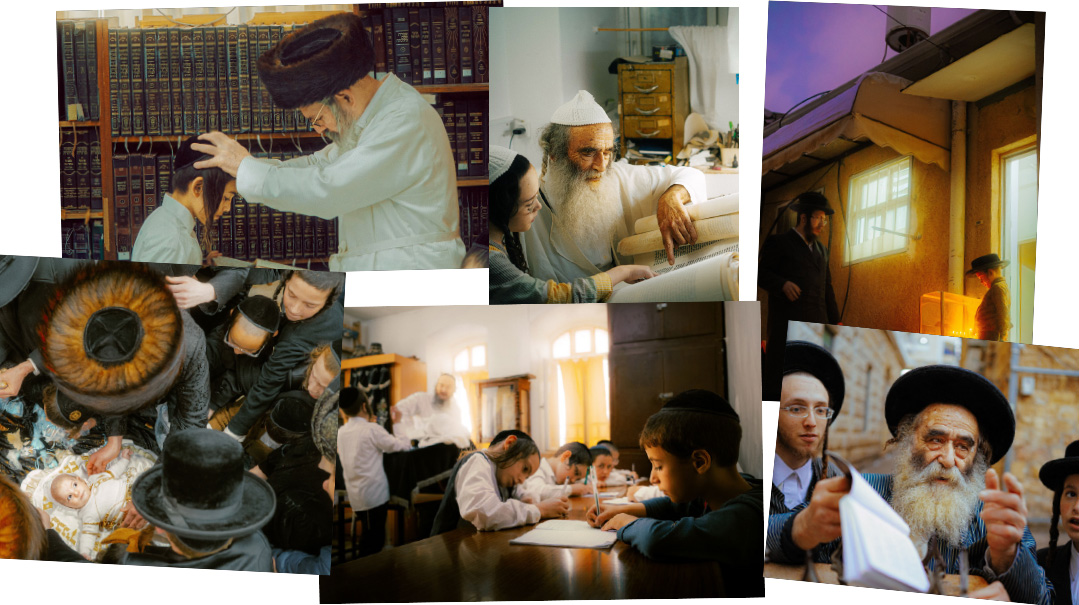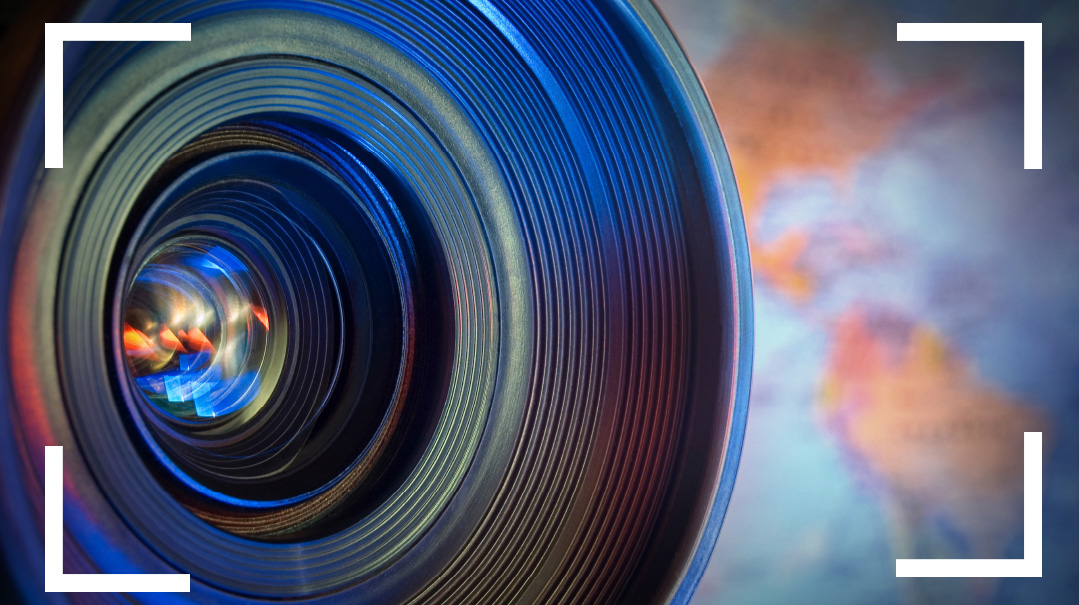Get the Picture

Street photographer Avrom Rubinfeld captures those elusive shots that show a slice of real life

You don’t know his work, and you won’t find his prints on any walls. Avrom Rubinfeld, a talented finalist in the Mishpacha 20th Anniversary photography contest, is a kollel yungerman with a niche interest, and he’s honed the instinct to tell when a scene can create one of those elusive shots that show a slice of real life
“Midday is usually a photographer’s nightmare,” says 23-year-old hobbyist Avrom Rubinfeld. He’s a street photographer originally from Boro Park currently living in Jerusalem, where he gets the majority of his shots. “But it’s one of my favorites. Everyone’s looking for soft photos, but I like very deep shadows.”
It’s born from practicality also, because Rubinfeld is constantly on the lookout for a shot that tells a story, and stories don’t only happen at golden hour with the soft light of summer. A really good photo doesn’t happen as often as he’d like, but he’s honed the instinct to tell when a scene he comes across will make a beautiful shot.
“There are three things. There’s lighting, there’s the composition, and there’s the story. If I have all three, it’s a good shot. I’m trying to make it look like a painting, with a nostalgic Judaica feel,” he says.
You don’t know his work, and you won’t find his prints published anywhere or hanging on any walls. He’s a kollel yungerman with a niche interest, that’s all. And although he’s been doing this for a while, there wasn’t a Big Moment that got him into photography.
“I was on a road trip in yeshivah and I just decided I wanted to take some nice pictures. That was it, like landscapes and stuff. Something that would make a nice postcard picture.”
That was about seven years ago, when he was 17. Since then, he spent time researching and refining his craft. Reading, practicing, and teaching himself everything he knows, and about three years in, he realized that landscapes weren’t doing it for him any longer.
“I love those photos, but they aren’t special. A beautiful landscape is a dime a dozen. It didn’t speak to me like a portrait does,” he said.
Besides, it’s much more work. For a great sunrise picture, you need to be up way, way before dawn, and maybe the weather’s bad, or your angle is off, and it’s a whole morning wasted. Even if you get the shot, someone else could be in that same spot and get the same photo as yours, or even a better one.
“There’s zero story there. I wanted pictures that are a slice of life,” he says. So he started shooting documentary-style street photography, sometimes alone, sometimes with his friend and fellow photographer Moshe Schleifer, and sometimes with known American street photographer Abe Kugielsky, who Schleifer introduced him to. He loved the ability to come across something that he found remarkable and instantly get results.
For Rubinfeld, there’s something so gratifying about taking a great photo. “In the moment, it’s a 250th of a second. That’s the whole thing.” He taught himself Lightroom, too, and edits his photos to fit the nostalgia-hued Kodachrome style he loves the most.
He carries a camera everywhere he goes — a Ricoh GRIII that’s made for street photography and shoots in 28mm. It has no zoom, but most importantly, it fits in his pocket.
“It’s expensive, and for that size, it’s one of the best on the market, but it looks like a camera that a fifth grader would take to camp. So people don’t take you seriously, which works out,” he says. “It’s very little, captured many great photos. People barely notice it, it’s very discreet. If they do notice me and they’re not happy, I delete the image.”
Bein hazmanim, Erev Shabbos, or Erev Yom Tov is when he takes his bigger camera out, a Sony a7III, but even then he’s not switching lenses a lot — the name of his game is spontaneity, and if you come across something worth shooting, by the time you find and fit the perfect lens, the setup is gone.
Above all, Rubinfeld is looking for everyday, ordinary beauty of frum life.
“I’m not trying to create a confrontation here,” he says. “I’m not looking to ruin anyone’s day, you know? Most people are nice about it. “We’re not taking anything away from them, so they don’t mind. The second they realize that you’re just trying to bring out the beauty of their lives, they’re more than happy.”
He’s the kind of guy who will notice someone intriguing on the street and strike up a conversation, ask where they’re headed, and see what opportunities present themselves. Still, he’s not interested in turning his hobby into something more.
“I’m not invested in making this a career,” he says. “This is for me. The second you do it professionally it turns from hobby to work. And I don’t want to ruin photography for myself.”
(Originally featured in Mishpacha, Issue 1057)
Oops! We could not locate your form.


